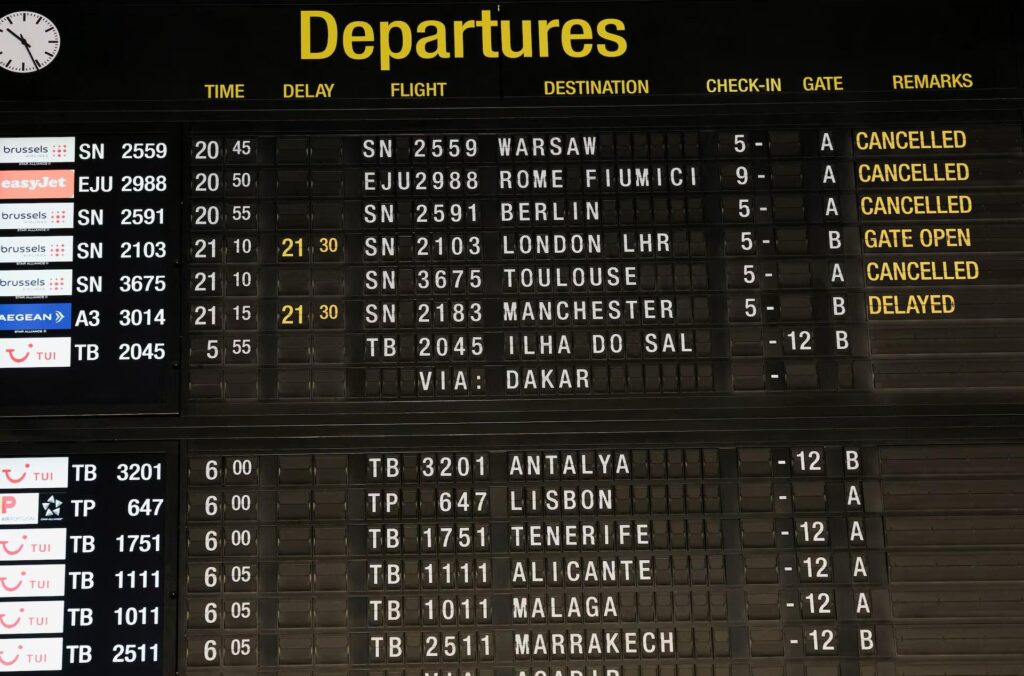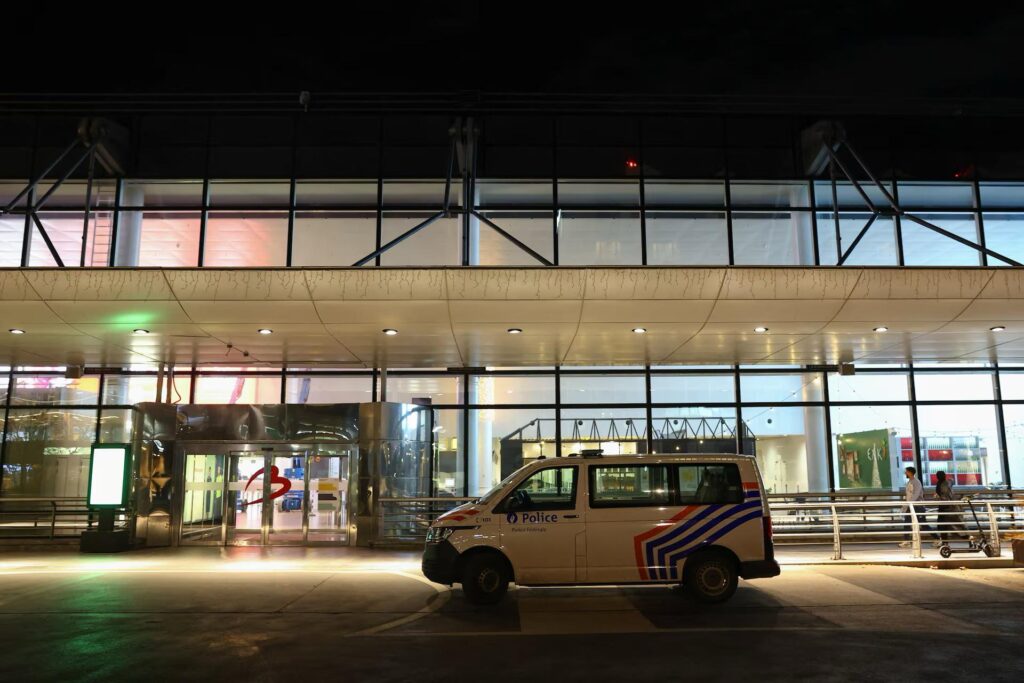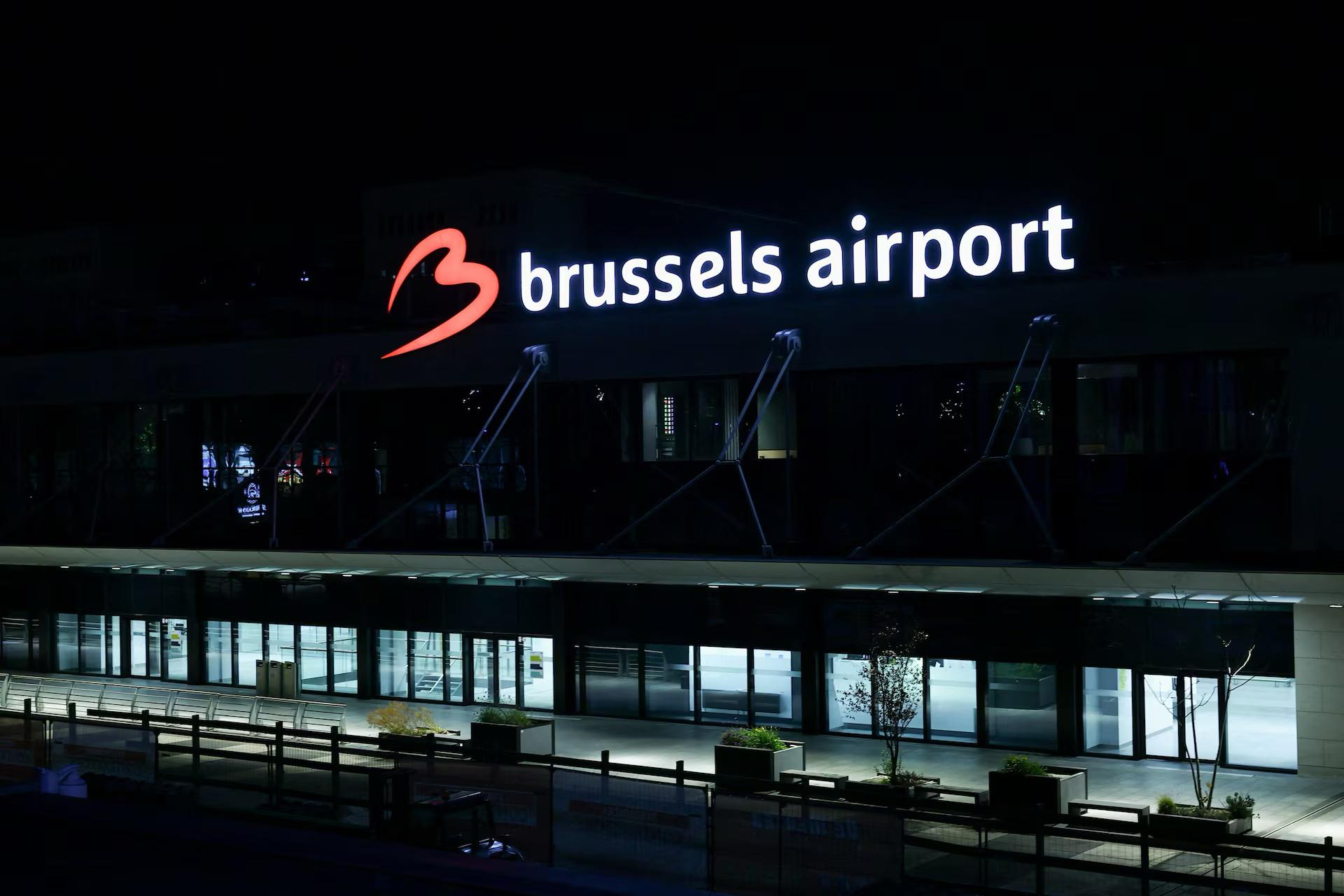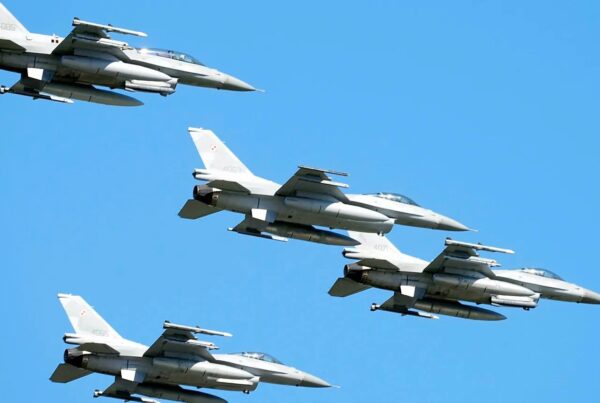Brussels Airport and Liege Airport were forced to close for several hours after multiple drone sightings disrupted air traffic on Tuesday night, November 4–5, 2025. The incident caused significant flight cancellations and diversions, sparking renewed fears over European airspace security.
Security Lockdown Hits Belgian Airports
Belgian air traffic authorities detected unauthorized drones flying near Brussels Airport around 8 p.m. local time. As a precaution, the airport suspended all departures and arrivals. Although it briefly reopened two hours later, operations were halted again after additional drones were spotted in restricted zones.
Officials stated that the shutdown would continue until they could confirm airspace safety. The event mirrored previous drone-related airspace intrusions across Europe that have raised questions about regional security preparedness.
Flight Disruptions Impact Thousands
The closure stranded passengers and affected both domestic and international routes. Brussels Airlines reported that at least 15 flights were grounded, while eight incoming flights were diverted to nearby airports in France and the Netherlands.
Liege Airport, Belgium’s largest cargo hub, also halted operations after similar drone sightings were confirmed. The incident disrupted logistics chains, especially for time-sensitive shipments managed by DHL and other major carriers.
Growing Fears of Coordinated Drone Activity

Belgian authorities are investigating whether the same operators were behind the drone sightings at both airports. The shutdown came just days after unidentified drones were seen over a Belgian military base, adding urgency to concerns about possible espionage or sabotage.
Minister Points to “Professional Operation”
Belgian Defense Minister Theo Francken described the situation as a deliberate attempt to create “destabilization” within the country.
“These were not amateur drones. Their flight patterns and timing suggest professional coordination,” Francken said in a televised briefing.
Investigators are working with NATO and the European Aviation Safety Agency (EASA) to trace the source of the devices. Authorities have not ruled out potential foreign intelligence operations or organized groups testing national responses.
Link to European Drone Intrusions
The Belgian incident is part of a wider trend. In recent months, several European airports—including Copenhagen and Oslo have faced temporary closures due to drone sightings. Both incidents forced airspace lockdowns lasting between three and four hours.
Security analysts also warn of potential Russian-linked drone incursions over Poland and Romania, coinciding with rising geopolitical tensions. These patterns, experts suggest, may be part of broader efforts to disrupt European infrastructure and gauge defense vulnerabilities.
The Cost of Airspace Vulnerability
The repeated closure of critical airports highlights Europe’s struggle to manage rapidly advancing drone technologies. Despite strict no-fly zones around major terminals, enforcement remains difficult. Drone detection systems are improving but still limited in identifying operators in real time.
Brussels Airport Faces Economic Fallout
The shutdown’s economic impact could reach hundreds of thousands of euros in losses due to diverted flights, passenger compensation, and fuel waste. Analysts note that for each hour of airport closure, airlines lose tens of thousands in operational costs.
Tightening European Airspace Laws
The European Commission is considering new legislation that would grant local air authorities stronger powers to disable or intercept drones in restricted areas.
According to aviation law expert Marie Delvaux,
“Current frameworks are reactive. Europe must shift toward proactive counter-drone policies before the next major disruption occurs.”
If approved, the new regulations would establish unified standards for drone surveillance, jamming systems, and criminal liability across EU member states.
Evolving Threats in the Drone Age

Drones have revolutionized industries from logistics to film production, but they’ve also introduced serious risks to aviation and national defense. As drone accessibility rises, so does their misuse for espionage, smuggling, and airspace disruption.
Technology Outpaces Regulation
Experts argue that while Europe has embraced drone innovation, enforcement technology lags far behind. Radar systems struggle to distinguish small drones from birds or weather anomalies, making false alarms common.
Furthermore, coordinated attacks involving multiple drones could overwhelm detection systems, as seen in Belgium’s twin-airport closure. This incident is now being studied as a case model by several EU defense agencies.
International Cooperation Intensifies
European states are enhancing cross-border intelligence sharing on drone incidents. Belgium’s crisis response involved cooperation with Eurocontrol, NATO, and neighboring air authorities. France and the Netherlands have also increased drone patrols near their borders.
In a joint statement, the European Council emphasized that “unauthorized drone operations will be treated as national security threats” under revised defense protocols.
Balancing Innovation and Security
While drones continue to drive innovation across logistics and surveillance sectors, their regulation has become an urgent priority. European governments face the challenge of protecting public safety without stifling economic and technological growth.
Aviation safety organizations are now calling for the integration of AI-driven counter-drone systems capable of instant threat detection and interception. Brussels and Liege airports are expected to deploy these upgrades within the next six months.
The Brussels Airport drone incident underscores Europe’s growing vulnerability to airborne disruptions. As investigations continue, the case serves as a reminder that even small, consumer-grade devices can paralyze entire national infrastructures.
For deeper insights on European security and technology trends, continue reading related analyses only on Olam News.






